MYA 0,8/3.5Y Microbalance

What Are the Benefits of Choosing MYA Microbalances?
If so, learn about the functionality of the ELLIPSIS series of balances:
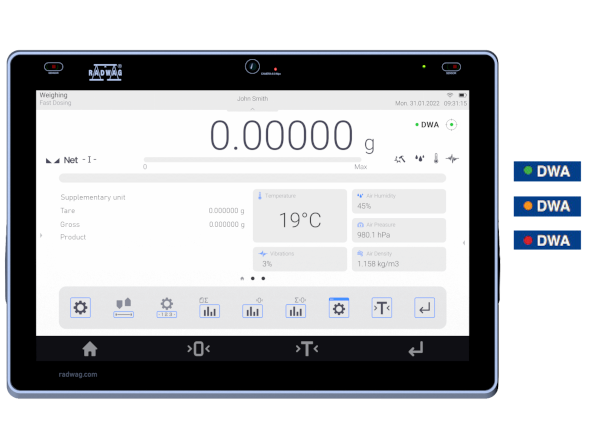
Digital Weighing Auditor
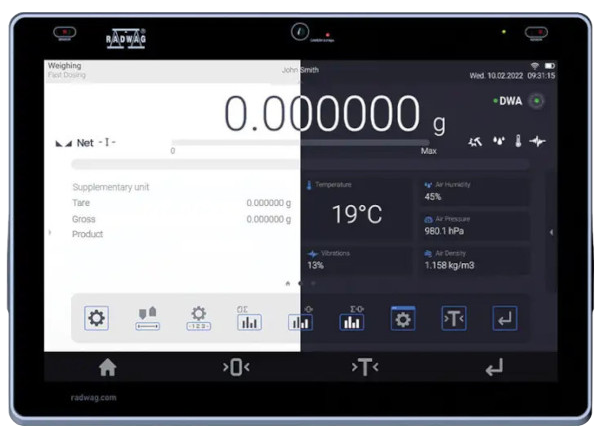
10-Inch Display

Uncompromising User Verification
RFID card, fingerprint reader, facial recognition mechanism, or any combination of these.
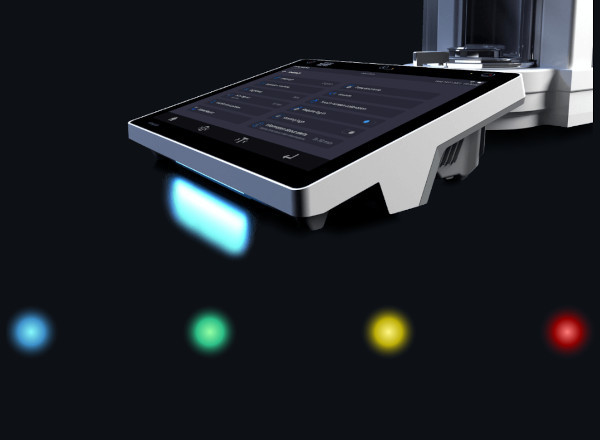
Ambient Light – An Innovative Way for the Balance to Communicate With the User

Hotspot
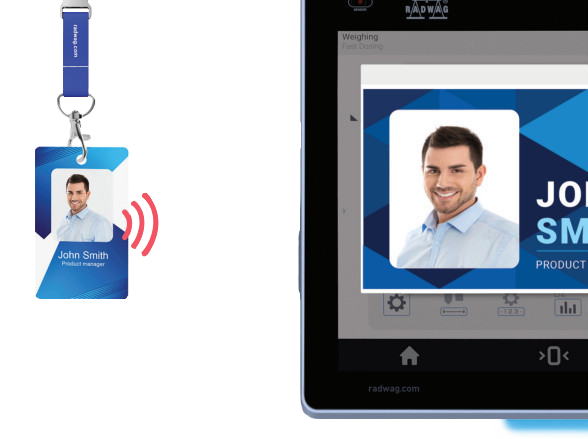
RFID
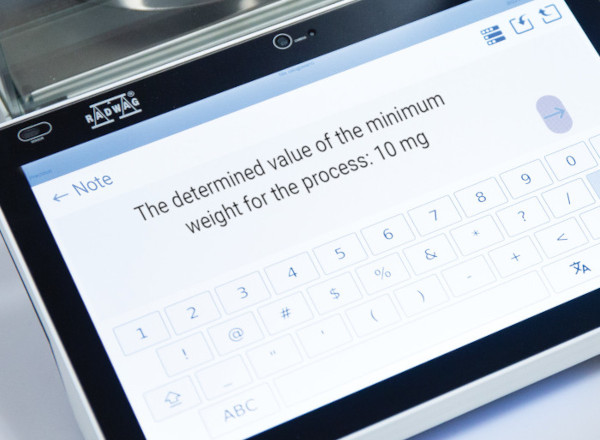
Live Note – Note Down Your Conclusions
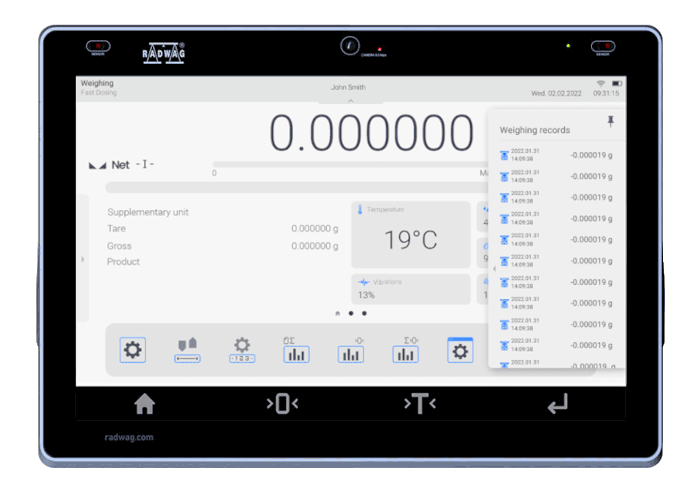
Handy Library
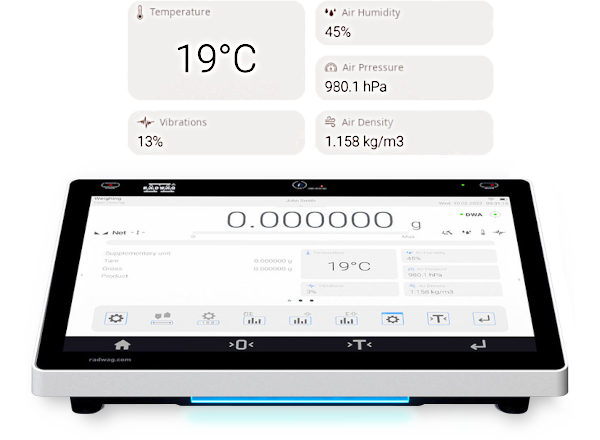
Widgets
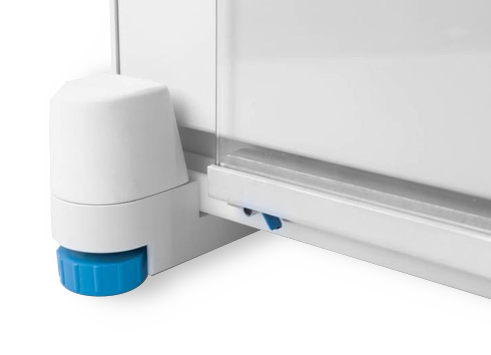
Automatic Leveling of the Balance ReflexLEVEL System
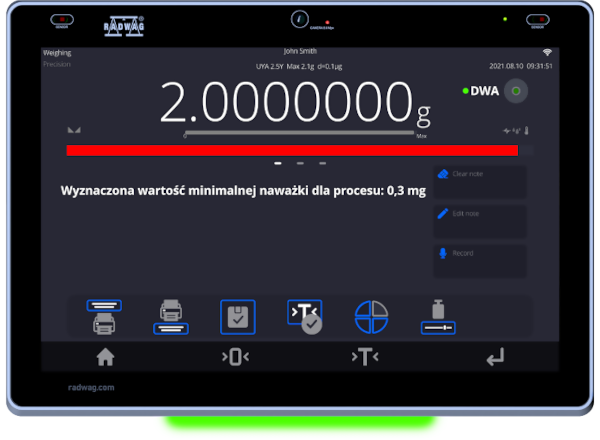
Smart Min Weight

21 CFR Part 11
We are offering the laboratory balance which as a standalone fully meets the requirements of 21 CFR Part 11/ EU GMP Annex 11.
– Electronic signatures
– Validations
– Electronic records
– Audit trails

Modbus TCP/IP
Two-point adjustment
* RFID ISO/IEC 14443 Type A, 13.56 MHz





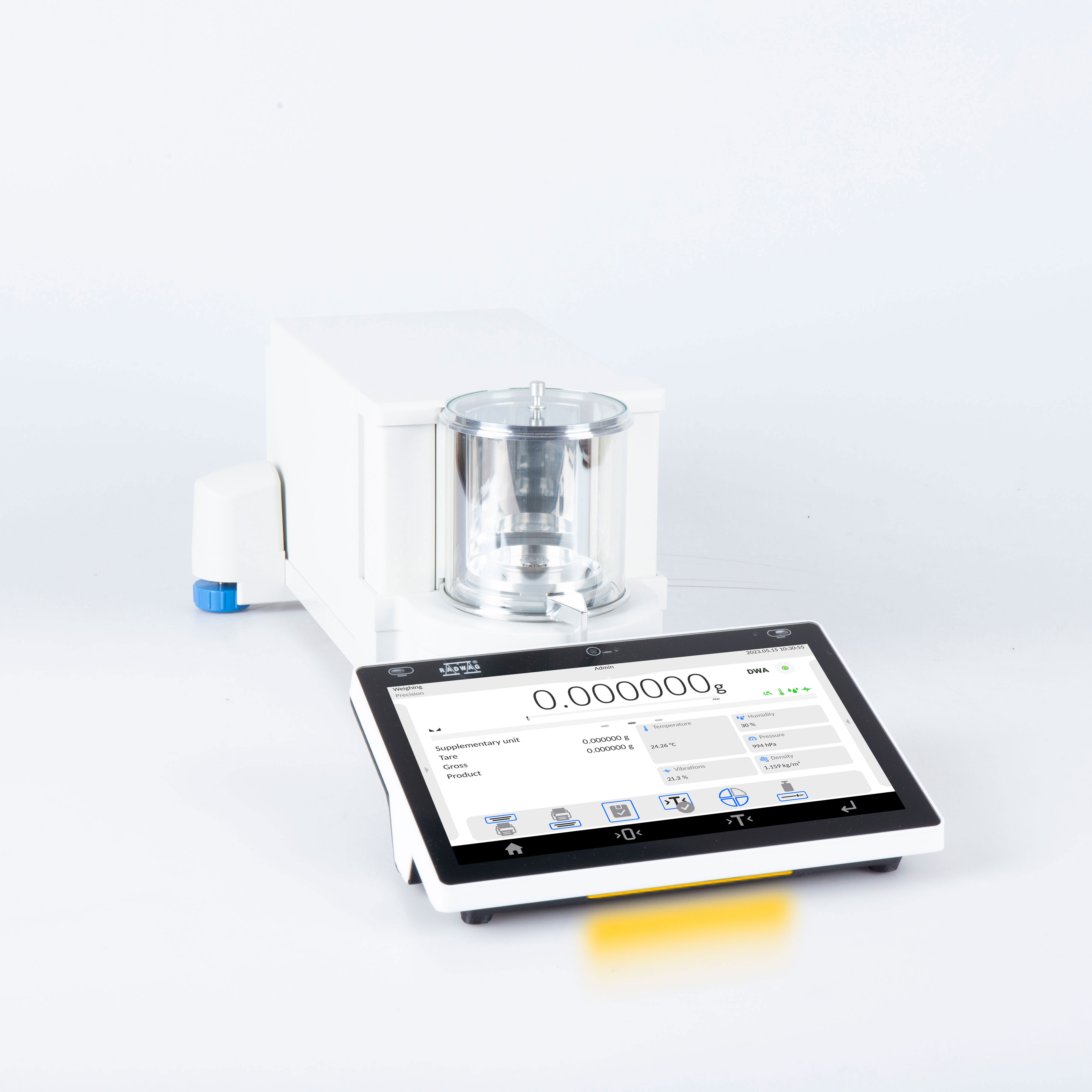
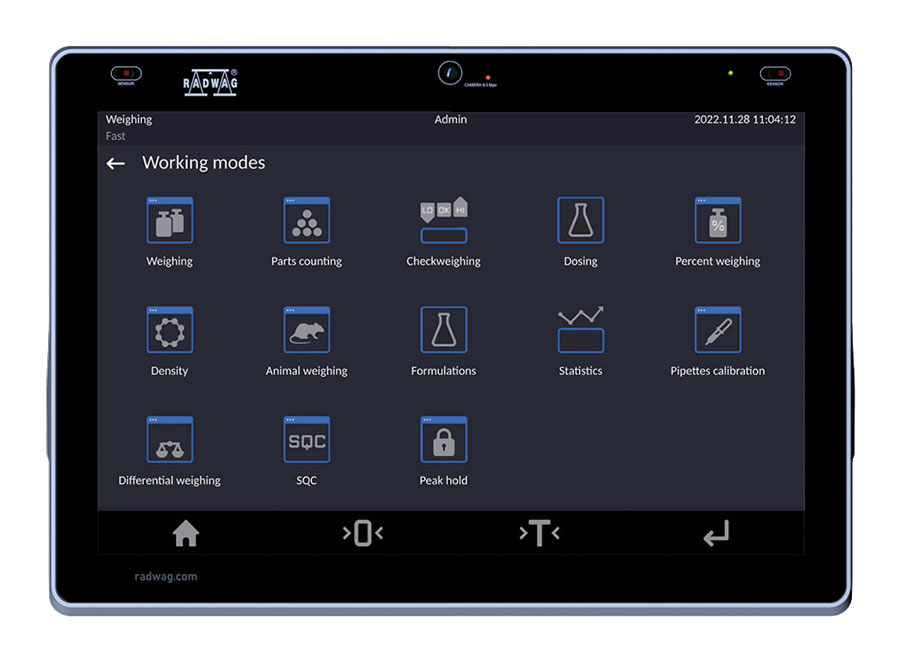
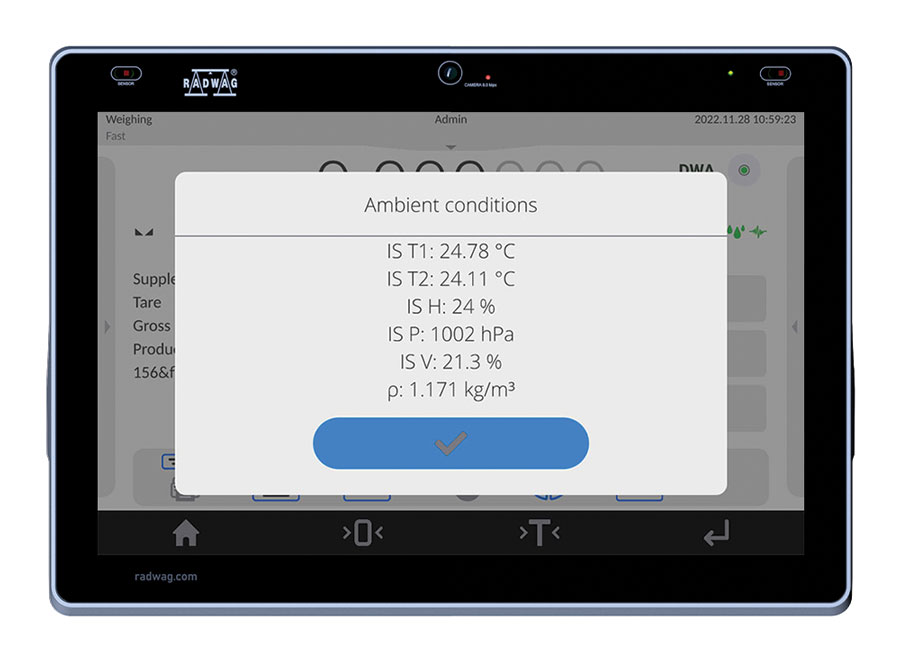
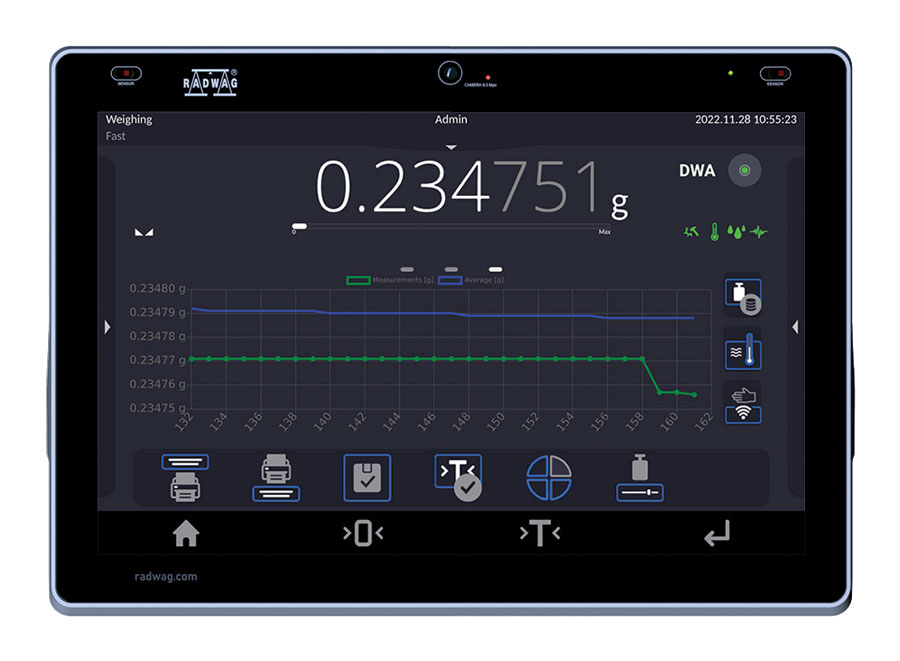
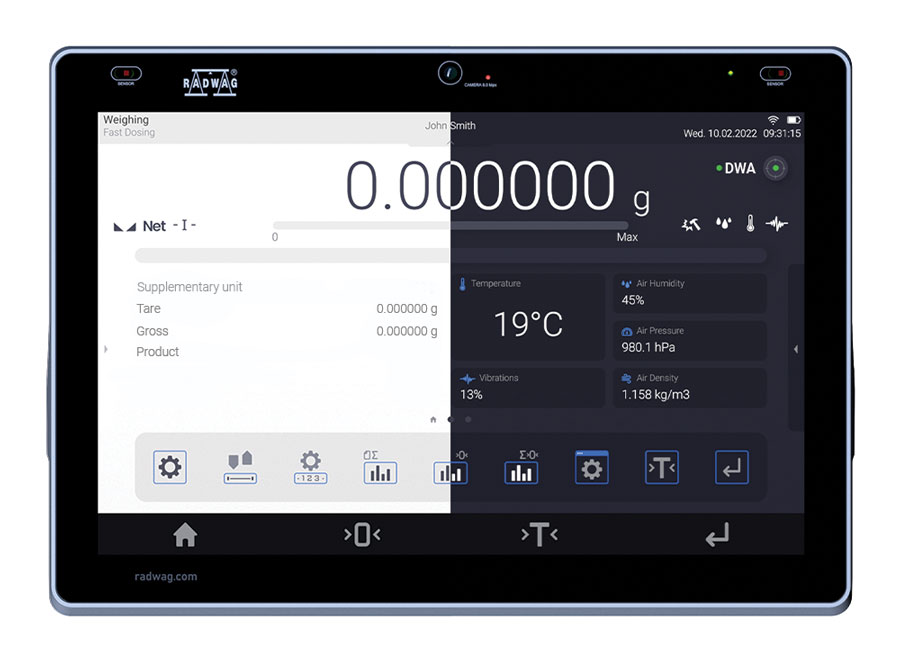
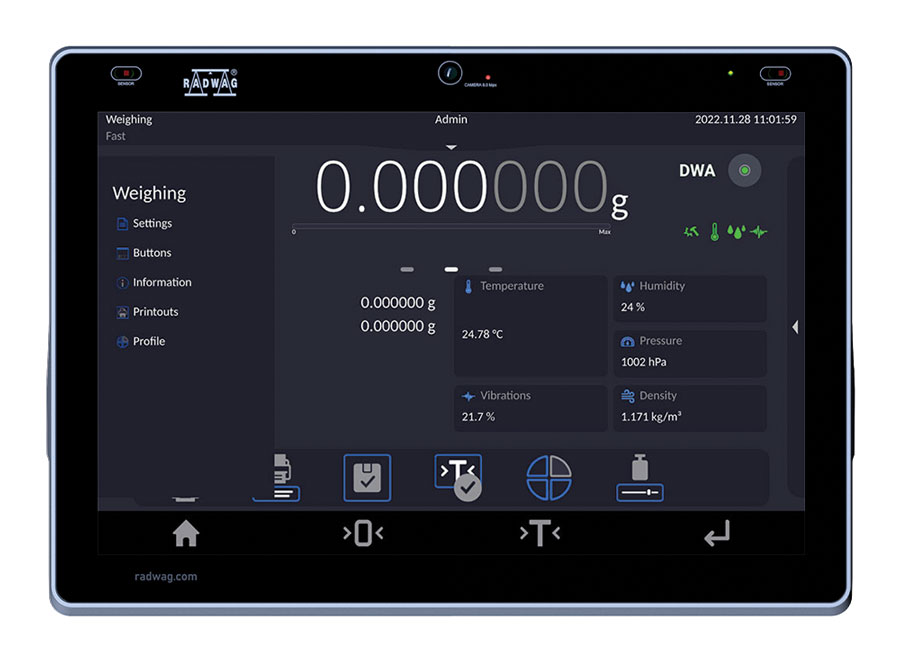
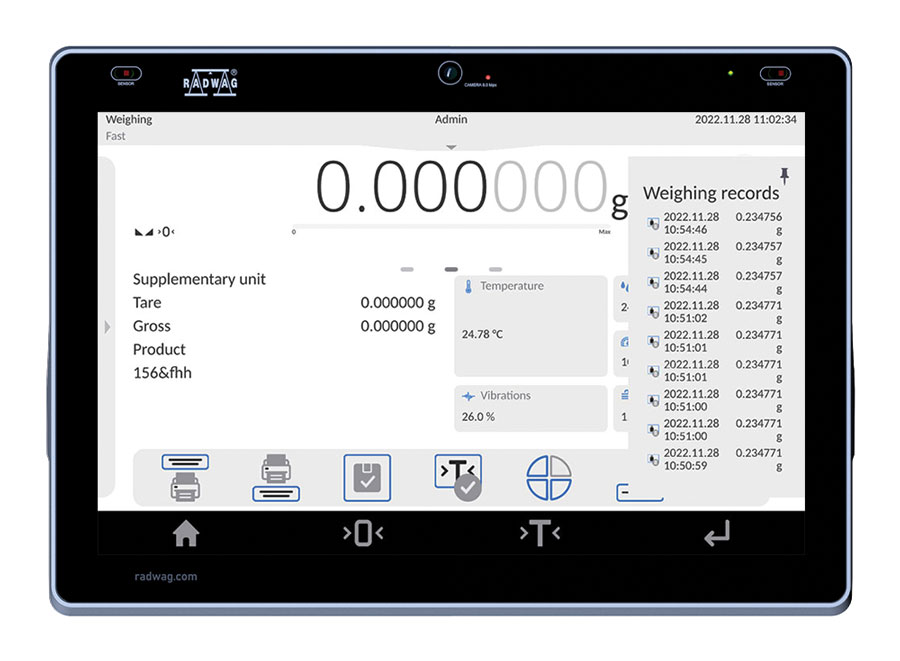
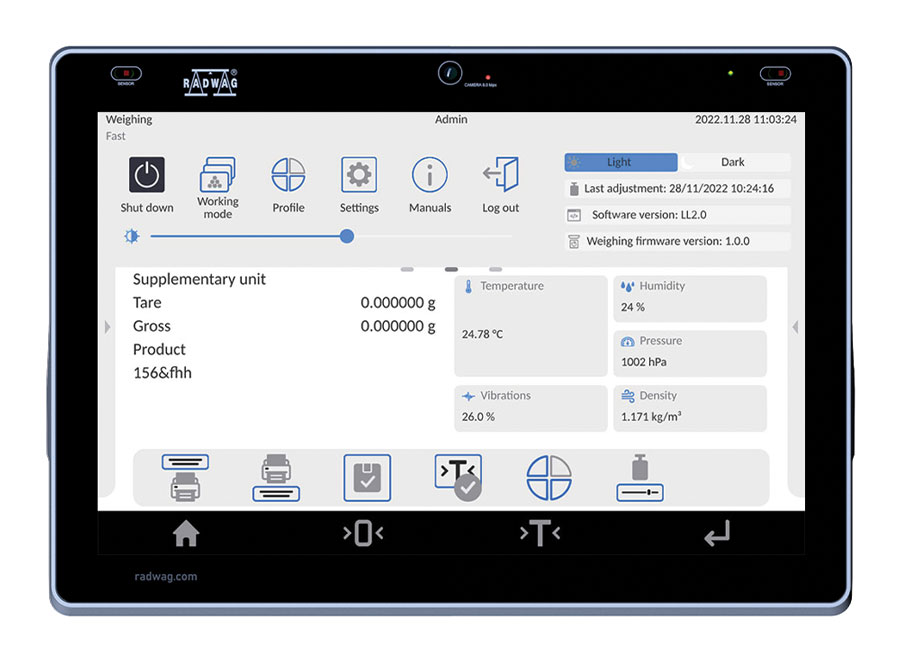
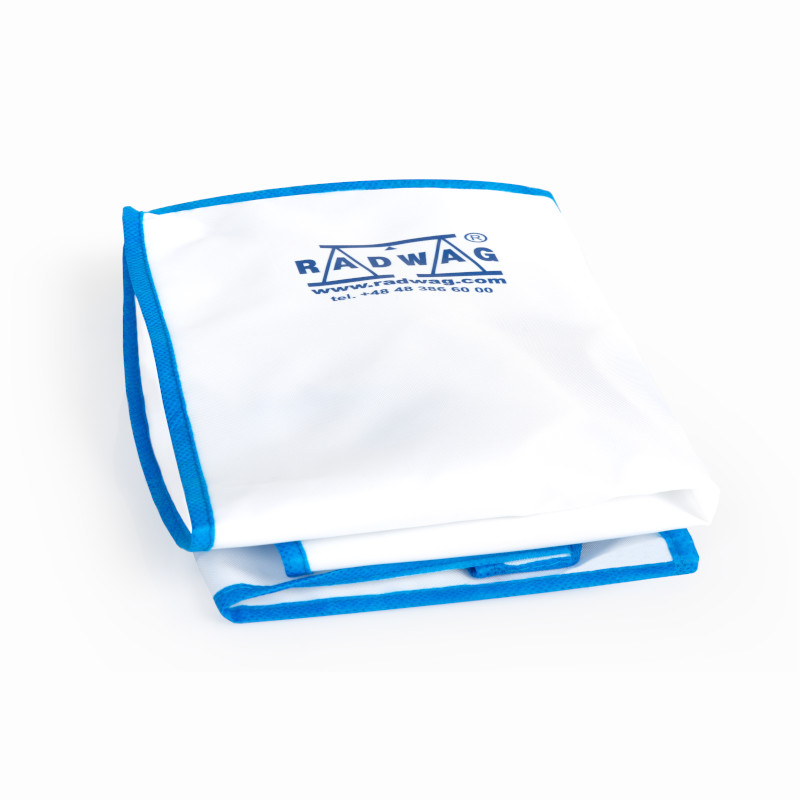

 Additional fee
Additional fee
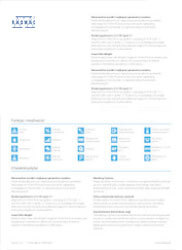
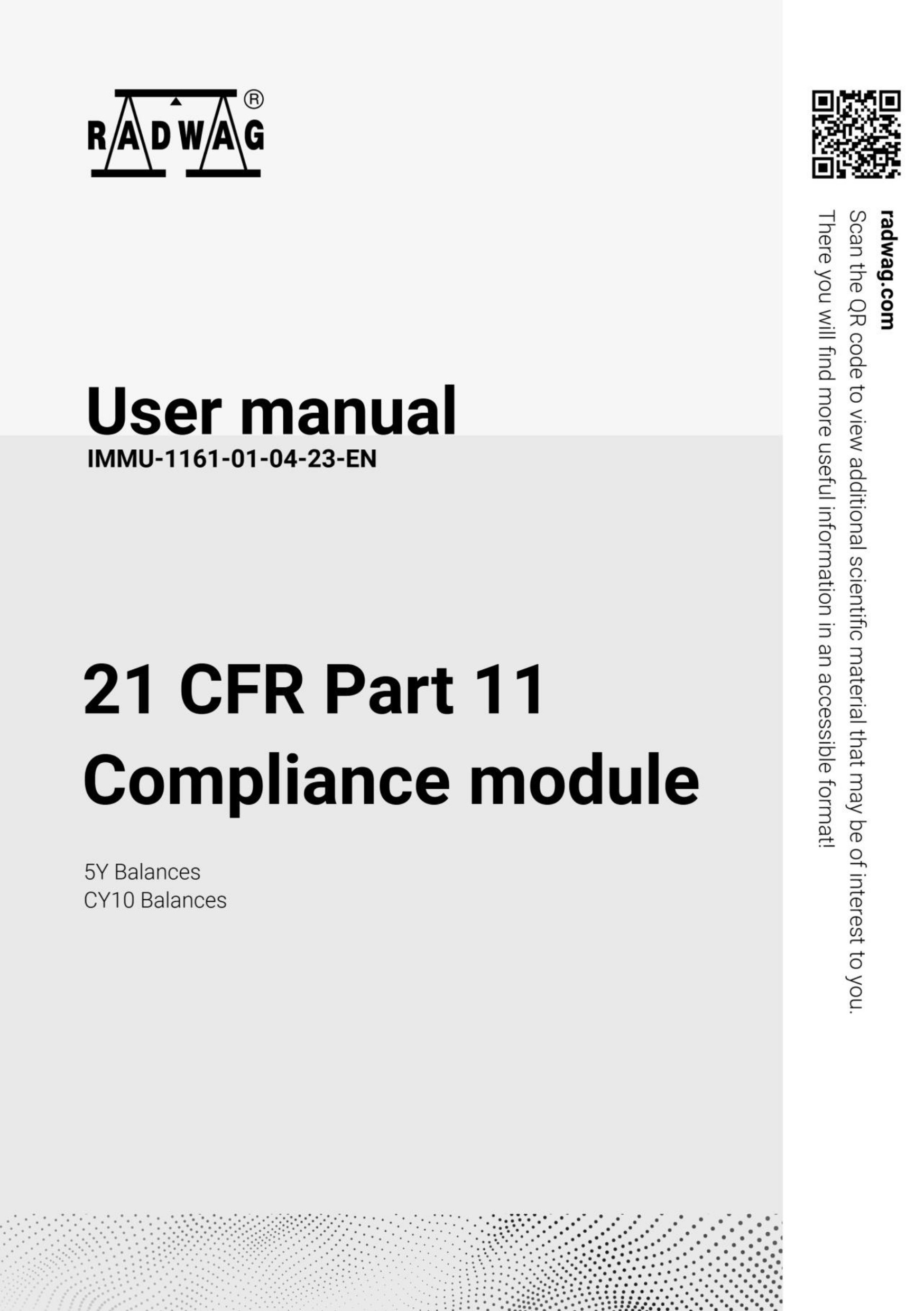
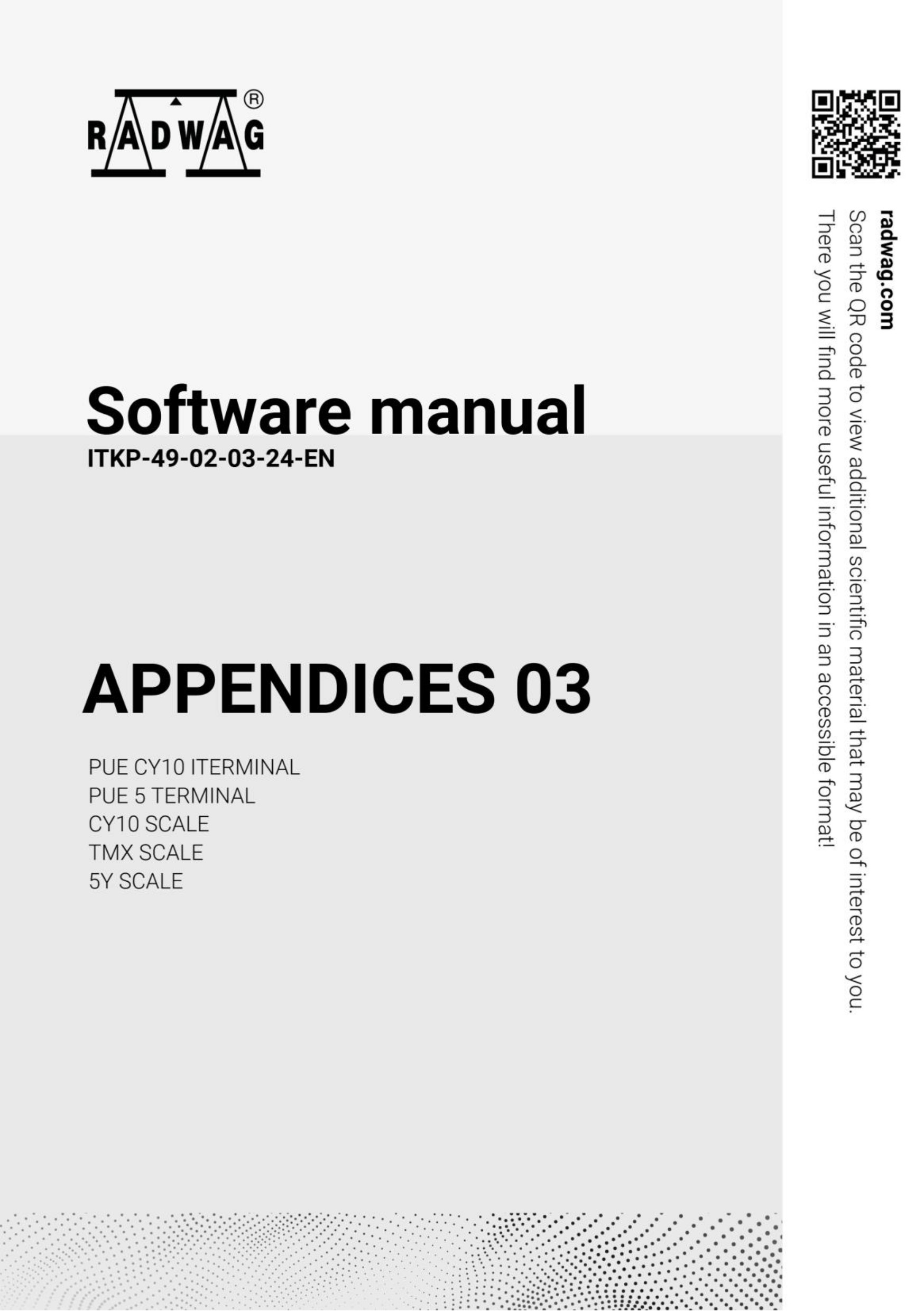
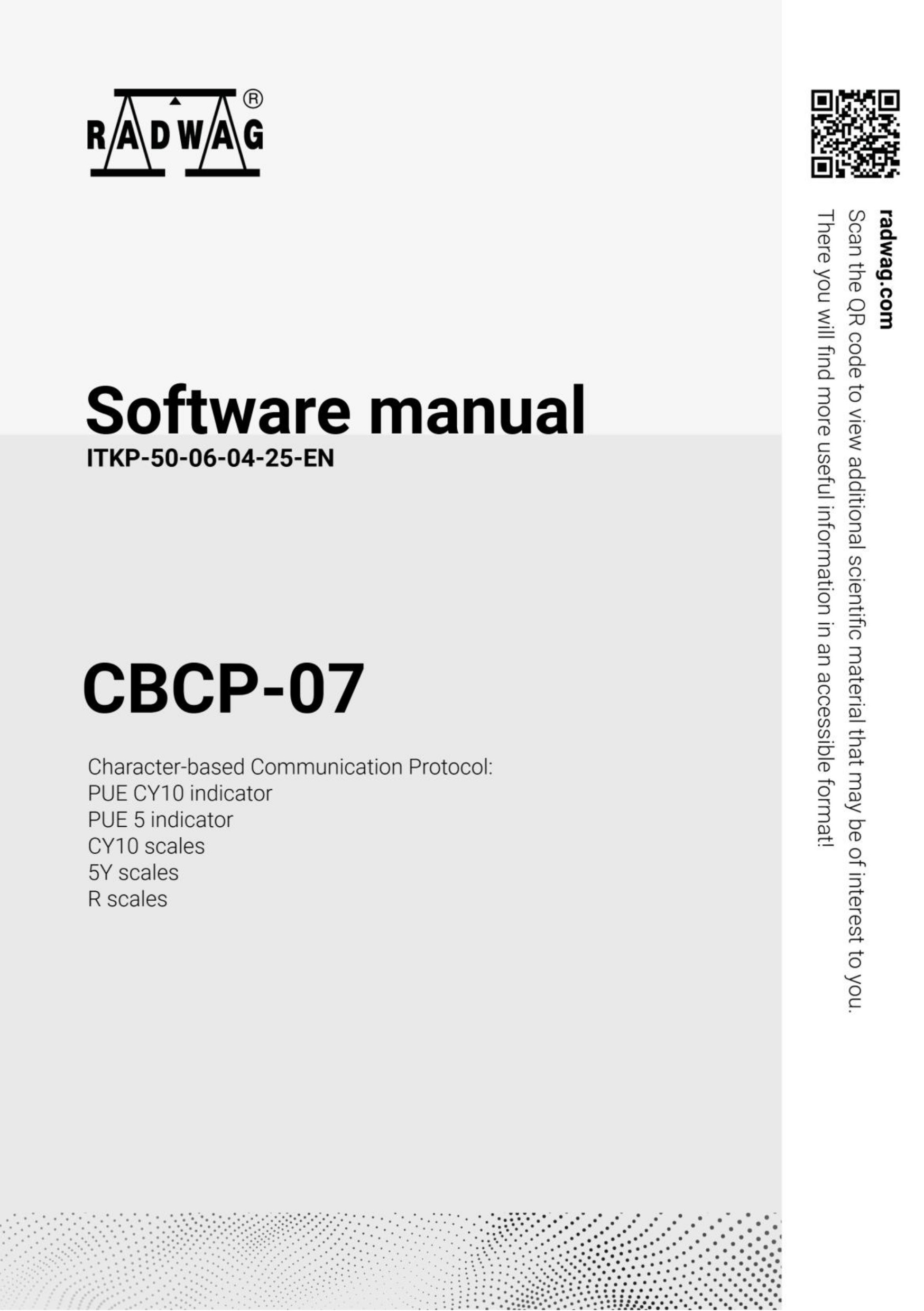

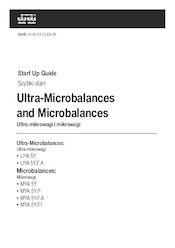
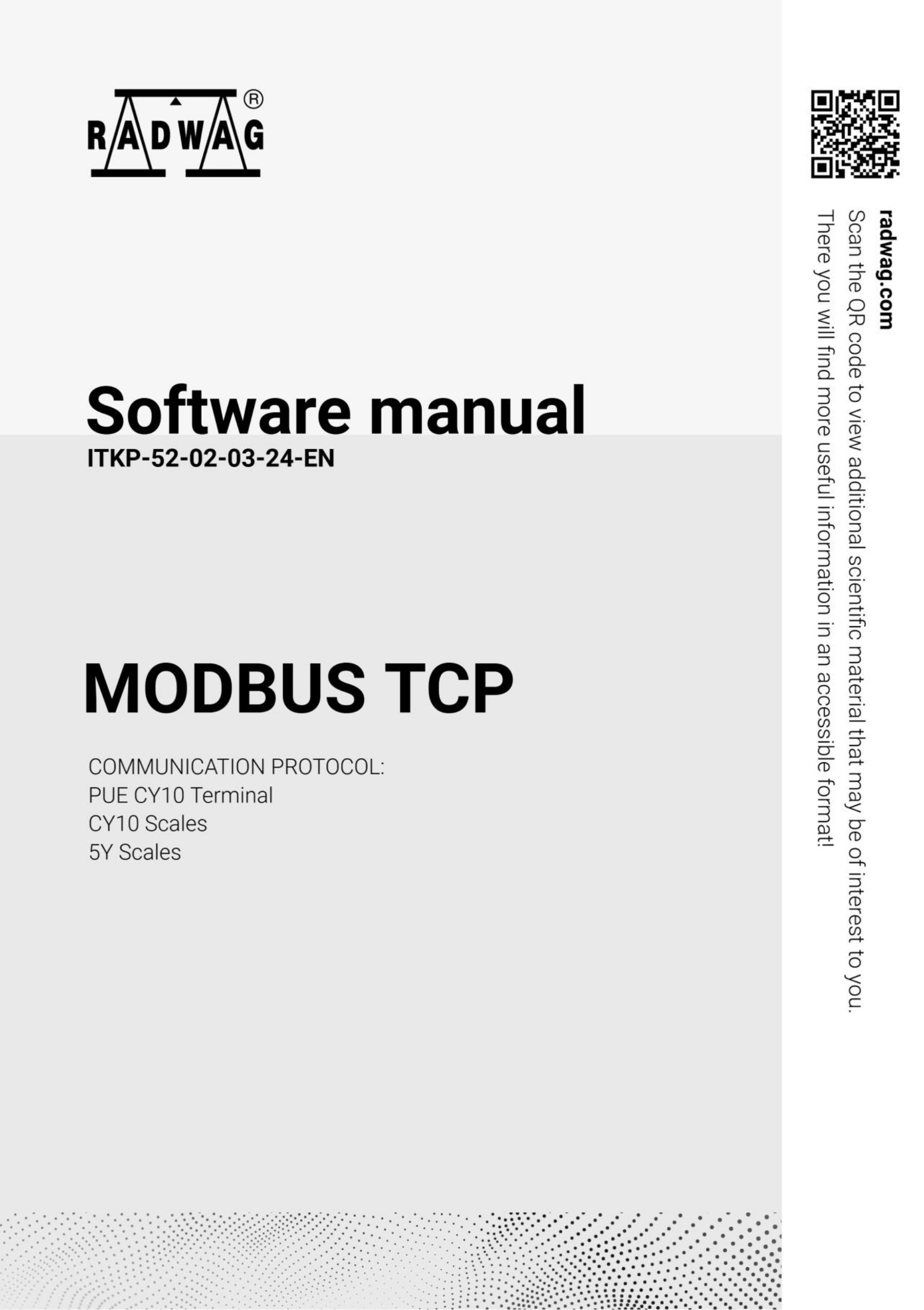
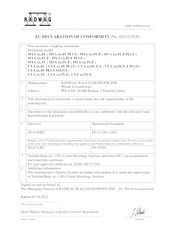
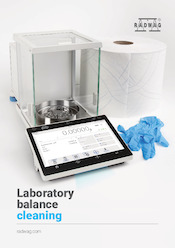
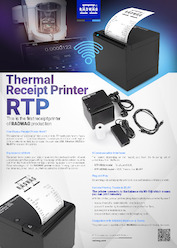
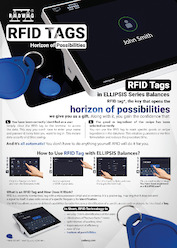
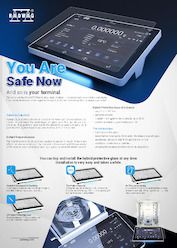
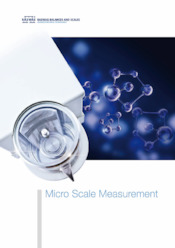
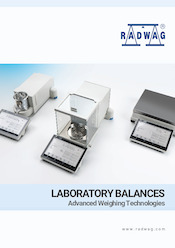
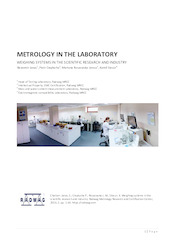
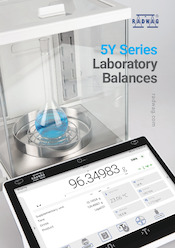
 Albanian
Albanian Danish
Danish Nederlandse
Nederlandse Estonian
Estonian Finnish
Finnish Hungarian
Hungarian Icelandic
Icelandic Kazakh
Kazakh Latvian
Latvian Lithuanian
Lithuanian Macedonian
Macedonian Norwegian
Norwegian Portuguese
Portuguese Romanian
Romanian Russian
Russian Slovak
Slovak Slovenian
Slovenian Swedish
Swedish Ukrainian
Ukrainian Serbian
Serbian Montenegrin
Montenegrin Português (Brasil)
Português (Brasil) Deutsch
Deutsch English
English Español
Español Français
Français Italiano
Italiano Japanese (日本語)
Japanese (日本語) Polski
Polski Türkiye
Türkiye Česky
Česky 中文
中文














